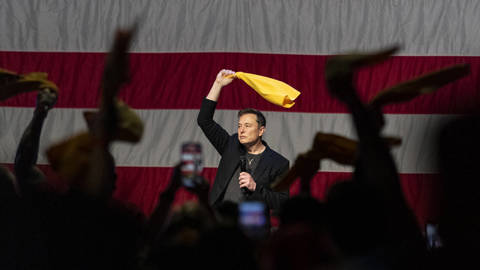The Promise of Fiscal Money
To Ralph Musgrave:
“Quite the reverse: base money as a proportion of the total money supply has risen significantly faster than checking account and saving account money (M2), and that’s thanks to QE”
I agree, but I would go even further. The fact is that the ratio of base money as a proportion of total money supply does per se say nothing about the (ir)relevance of central bank independence. In fact, in systems where settling payments requires central bank money – like most contemporary payment systems worldwide - the larger the volume of inside monies per unit of central bank money, the higher the (marginal) utility of the latter. And where systems allow agents to economise on central bank money, that doesn't make the latter (and central bank independence) any less relevant: quite the contrary. More generally, considering an inverted money pyramid: the narrower the money base at the bottom of the pyramid, the more importance that base would be as a support of the higher money layers (and, hence, the central bank's independence in determining it). This is especially evident at times of high uncertainty or panic, when the agents' demand rises for converting inside monies into money base and the central bank's decision to accommodate it becomes critical.









